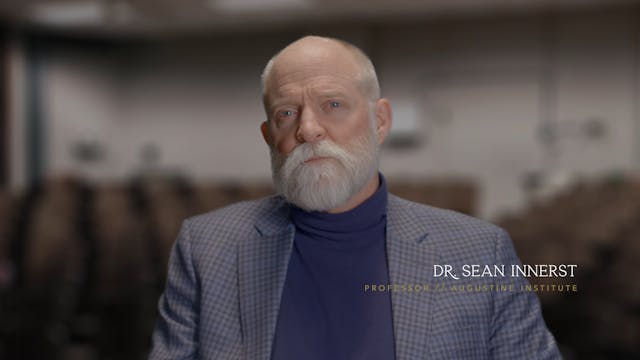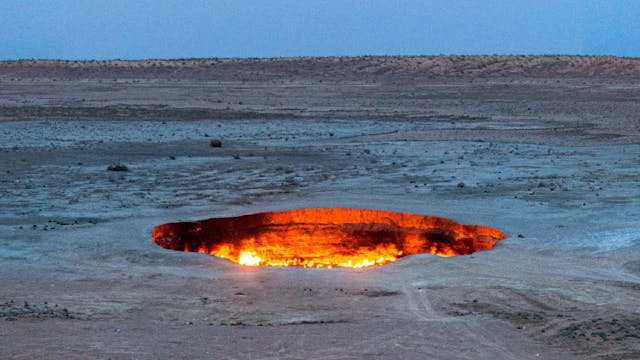A trust is commonly used to avoid probate and achieve more complicated outcomes than a will can accomplish.
When we establish a trust, we intend to give it ownership of our assets so that when we die, the trust lives on and probate is not triggered. To be successful, we must transfer our assets to the trust during our lifetime through a process called funding. Unless a trust is funded, it cannot operate as intended.
“Our assets are owned within the trust, and the trust lives on.”
If we have more than a few million dollars in assets, property in multiple states, or complications in our family situations that we’d like some control over after death, a trust may be a better option than a will.
Up Next in Supplemental Videos
-
What is Hospice?
Hospice care keeps a patient as comfortable as possible for the remainder of life after ceasing aggressive treatment.
After a patient’s condition no longer improves, they may choose to discontinue curative treatment. Instead of frequent hospital visits, the focus becomes on managing pain and o...
-
What Does the Priest Do at an Anointing?
-
What is Hell?
Hell is eternal separation from God. Scripture and the saints describe hell as darkness, a lake of fire, unimaginable suffering, and torment with no end.
God created us with freedom, asking us to choose or reject eternal life with him. God makes us free because love must be free. He must suffe...



